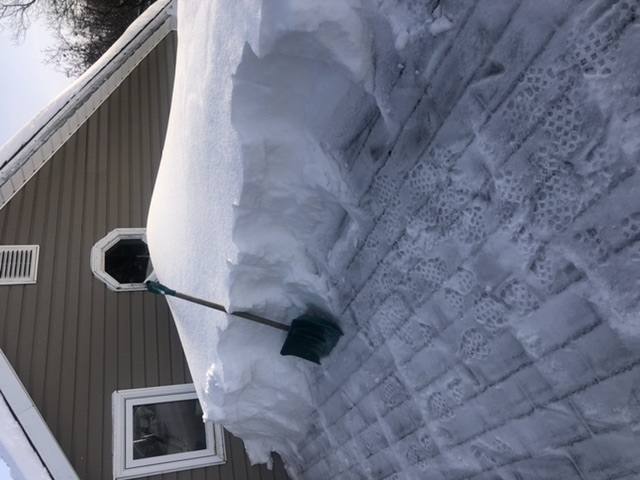Ethanol subsidies and mandates have been a big fat subsidy to agriculture in the US and a very ineffective climate change policy to reduce greenhouse gas emissions.
But conservative "free market" farmers have their hands out and don't want them to end.
But conservative "free market" farmers have their hands out and don't want them to end.

Comment